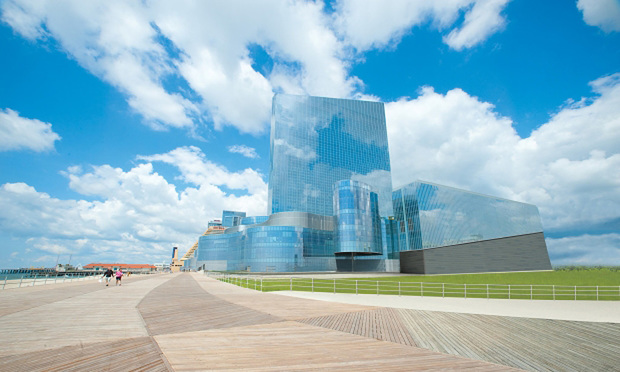With the recent carnage in the retail industry, including Sears, The Mattress Firm, Nine West, Claire’s, The Bon-Ton Stores, The Walking Company, Brookstone, and many other retailers of all shapes and sizes, a lot of attention goes to the fate of landlords when their tenants seek bankruptcy protection. A recent case that brings balance is the Revel AC case in New Jersey. Revel was the developer of a resort, Revel Casino Resort, that was to be the most luxurious resort in Atlantic City, but, as one can guess, this dream never came to be as the resort had to close its doors during a second run in bankruptcy.
The resort spanned 6.2 million square feet with 820 feet of boardwalk frontage. It featured a 47-story, 710-foot high tower, the tallest building in Atlantic City. The Revel Casino Resort’s amenities included 1,399 rooms, outdoor facilities, retail boutiques and a wide variety of entertainment amenities, including 11 dining venues, two nightclubs, a day club, five indoor/outdoor pools, a 5,500-seat theater, 160,000 square feet of customizable conference space and a spa. The resort’s outdoor amenities include a two-acre landscaped rooftop deck with outdoor pools, and a “pine grove” with over 30,000 live trees and plants. In a nutshell, it was poised to be a premier entertainment destination for Atlantic City revelers.


 Revel Casino Resort, Atlantic City
Revel Casino Resort, Atlantic City




